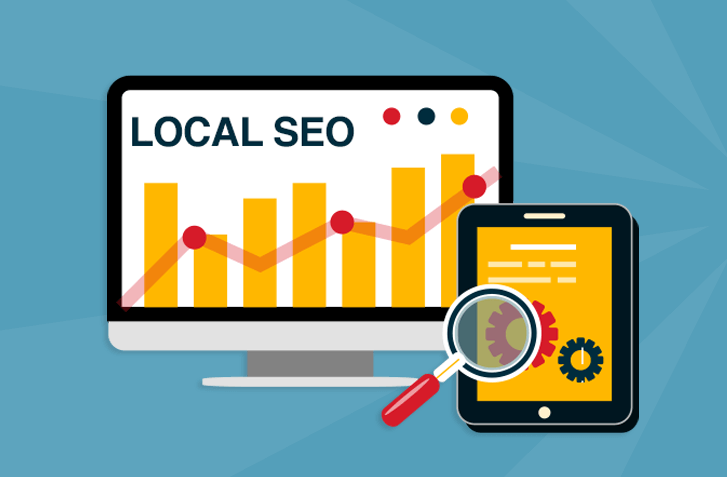- May 17, 2024
- by Mariyam Arshad
- SEO News
- 0 Comments
In today’s digital age, having a strong online presence is essential for businesses of all sizes. For local businesses, in particular, optimizing their website for local searches can greatly increase visibility and attract more customers from their area. This process, known as local SEO (Search Engine Optimization), involves several strategies to help your website rank higher in local search results. In this blog post, we’ll explore the importance of local SEO and provide some tips on how to optimize your website for local searches.
What is Local SEO?
Local SEO is the practice of optimizing your website and online presence to attract more business from relevant local searches. This includes searches with local intent, such as “restaurants near me” or “plumbers in [city].” Local SEO helps businesses promote their products and services to local customers at the exact time they’re looking for them online.
Why is Local SEO Important?
Local SEO is crucial for businesses that rely on local customers. Here are some key reasons why local SEO is important:
- Increased Visibility: By optimizing your website for local searches, you increase the chances of appearing in local search results, making it easier for potential customers to find your business.
- Targeted Traffic: Local SEO helps you target specific geographic areas, ensuring that your website is seen by people who are most likely to become customers.
- Competitive Advantage: Optimizing for local search can give you a competitive edge, especially against larger businesses that may not have a strong local presence.
- Improved Conversion Rates: People who search for local businesses are often ready to make a purchase. By appearing in local search results, you increase the likelihood of converting these leads into customers.
Tips for Optimizing Your Website for Local Searches
Now that we’ve covered the importance of local SEO, let’s explore some tips to help you optimize your website for local searches:
- Optimize Your Google My Business Listing: Claiming and optimizing your Google My Business listing is crucial for local SEO. Ensure your business name, address, and phone number (NAP) are accurate and consistent across all online platforms.
- Use Local Keywords: Include local keywords in your website content, such as your city or region, to help your website rank higher in local searches.
- Create Local Content: Create content that is relevant to your local audience, such as local news, events, or tips related to your industry.
- Get Local Citations: Ensure your business is listed in local directories and citation sites, such as Yelp, Yellow Pages, and local chamber of commerce websites.
- Optimize for Mobile: Many local searches are done on mobile devices. Ensure your website is mobile-friendly to provide a seamless experience for users.
- Get Online Reviews: Encourage satisfied customers to leave positive reviews on your Google My Business listing and other review sites. Positive reviews can improve your local search rankings and attract more customers.
- Monitor Your Performance: Use tools like Google Analytics and Google Search Console to monitor your website’s performance in local search results and make adjustments as needed.
Conclusion
Local SEO is a powerful tool for businesses looking to attract more local customers. By following the tips outlined in this blog post, you can optimize your website for local searches and improve your visibility in local search results. Remember, local SEO is an ongoing process, so continue to monitor and adjust your strategy to ensure your website stays competitive in local search rankings.





